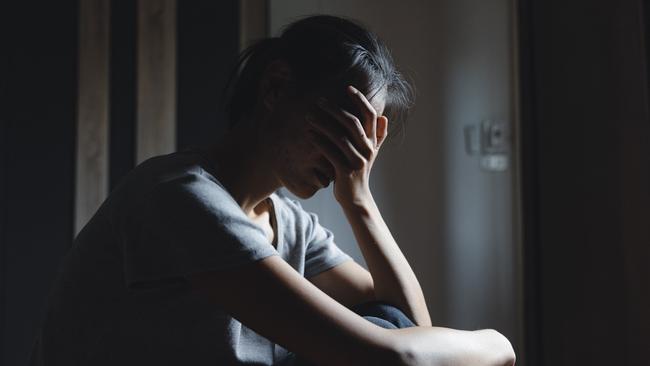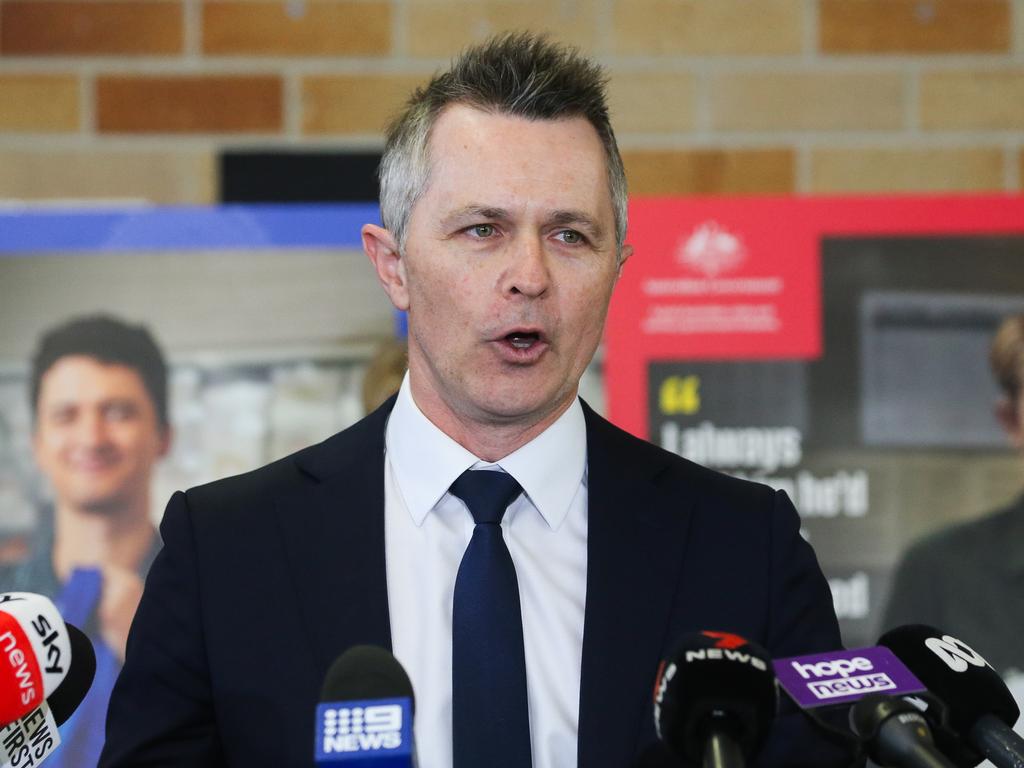Universities promise action to prevent and punish sexual assaults on campus
Alarmed universities have issued a joint ‘charter on sexual harm’ as they scramble to avoid a government regulatory crackdown next week.

Alarmed universities have issued a joint “charter on sexual harm’’ as they scramble to avoid a government regulatory crackdown next week.
As the nation’s education ministers prepare to toughen university governance rules on Tuesday to improve campus safety, Universities Australia pledged to “prevent sexual harm and respond well when reports of sexual harm are made’’.
UA chairman David Lloyd said the 39 member universities were “committed to taking stronger action’’.
“We need to do more to combat the scourge,’’ he said. “We’ve listened and we’re acting. It’s what everyone needs and deserves’’.
The universities have pledged to “take allegations seriously, regardless of the seniority or status of the person against whom a claim is made’’.
Students and staff will be given information about where and how to report rapes, assaults or sexual harassment, and how best to seek support.
The universities have pledged to “ensure that our processes for investigating and resolving such complaints are timely, fair to all parties and, to the greatest extent possible, don’t re-traumatise people who report sexual harm or victims of sexual harm’’.
Each university has agreed to publish the number of sexual assault complaints every year.
Federal Education Minister Jason Clare, who will meet his state and territory counterparts on Tuesday, welcomed the charter.
“But there is more to do,’’ he said. “More needs to be done to address the issue of sexual assault and sexual harassment on university campuses.”
Universities Australia chief executive Catriona Jackson said that universities “work every day to support individuals and keep them safe but more needs to be done’’.
“As a sector we have not shied away from dealing with sexual harm,’’ she said. “We are not sitting still in the face of this major societal issue.’’
Ms Jackson called on governments, schools, businesses, workplaces and the media to also commit to the charter.
Mr Clare is pushing for a national student ombudsman to investigate complaints from students about failures to protect them from physical or sexual assaults on campus or in university accommodation. He has asked Our Watch chief executive Patty Kinnersly to brief ministers on Tuesday on a potential regulatory crackdown.
Greens education spokeswoman Mehreen Faruqi called on education ministers to ensure that an ombudsman had “real teeth’’.
“Sexual violence on campus is widespread and systemic,’’ she said. “The ombudsman must have real teeth, be properly resourced and have solid enforcement powers.
“For too long, governments and unis have failed students on campus, where hundreds of assaults are still occurring each week.’’
Opposition education spokeswoman Sarah Henderson said the federal government had “belatedly backed the Coalition’s proposal for an independent student ombudsman, which I trust will hold universities to account when they fail to put students first’’.
“Australian universities have been too slow to act in adequately protecting students from sexual harassment and assault,’’ she said.
The Stop Campaign – a grassroots organisation of university students and alumni campaigning against sexual violence – has detailed dozens of allegations of sexual assault in university dorms.
It has told the federal government’s Universities Accord review that some victims were forced to stay living in the same accommodation as their alleged rapist.
Some perpetrators “were not held accountable and in some instances were given positions of leadership and power’’, the Stop Campaign said in its submission.







To join the conversation, please log in. Don't have an account? Register
Join the conversation, you are commenting as Logout